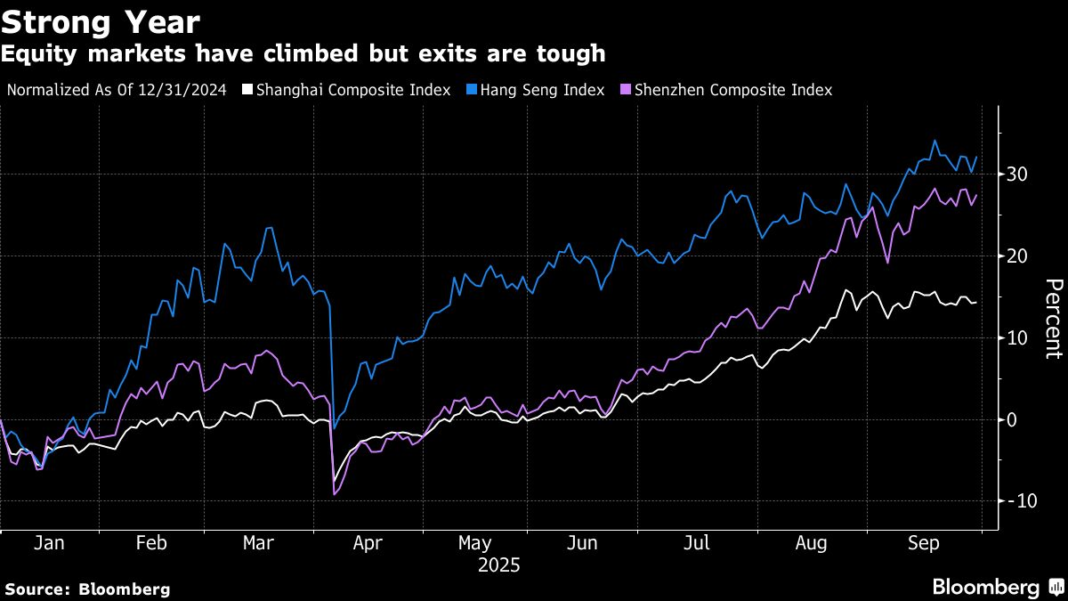Advent International’s Failed Acquisition of a Contact-Lens Maker
In a surprising turn of events, private equity firm Advent International has opted to pay breakup fees after a planned $1.1 billion acquisition of a contact-lens maker from EQT AB fell through, according to sources familiar with the matter. Let’s delve into the specifics surrounding this deal, the implications for the involved parties, and the broader context of the private equity landscape.
The Deal That Almost Happened
Advent International, a prominent player in the private equity space, had its sights set on acquiring a contact-lens maker, an industry poised for growth, especially as millions look to enhance their vision correction options. The deal, valued at $1.1 billion, tapped into the rising demand for innovative eye-care solutions. However, as negotiations neared completion, factors emerged that led to the unraveling of the transaction. Sources indicate that complex negotiations over terms and potential regulatory hurdles contributed to the decision to back out.
Breakdown of the Breakup Fees
Such breakup fees—compensatory payments made when a deal falls apart—are common in large transactions, especially within private equity. This move signals Advent’s commitment to mitigating potential losses and maintaining good relations with EQT AB. It illustrates the financial risks associated with high-stakes mergers and acquisitions, where the stakes can fluctuate significantly based on market conditions and internal evaluations. The exact amount of the fees has not been disclosed, but they are part of the standard protocol to compensate for the time and resources invested by both parties.
The Players Involved
Advent International, founded in 1984, has established itself as a significant contributor to the global private equity market. Known for its deep-dive approach into industries like healthcare, technology, and consumer products, Advent has a history of executing successful acquisitions. Conversely, EQT AB, a Swedish private equity firm, is recognized for its active management approach in its portfolio companies, often driving operational improvements and strategic growth.
Market Implications
The failure of this deal may signal broader market concerns, particularly regarding valuations in the healthcare sector. As adventurers into the private equity space assess their investments, fluctuations in market dynamics could lead to increased caution in future negotiations. Moreover, this breakdown may prompt a reevaluation of due diligence processes, as firms look to fortify their strategies against potential pitfalls.
Looking Ahead
The private equity landscape is nothing if not dynamic. Despite this setback, Advent International remains well-positioned for future opportunities. With several sectors showing resilience and growth potential, the firm can pivot its strategy and redirect resources to other ventures. These developments serve as a reminder of the importance of adaptability in the face of unforeseen challenges and the ever-changing nature of market conditions.
Conclusion
While Advent International’s recent experience with the failed acquisition may be a setback, it also highlights critical aspects of the private equity arena. From the complexities of deal-making to the necessity of breakup fees, this incident underlines the nuances that characterize high-stakes financial transactions. As firms continue to navigate the intricate world of mergers and acquisitions, lessons learned from this experience will likely shape their future endeavors.



